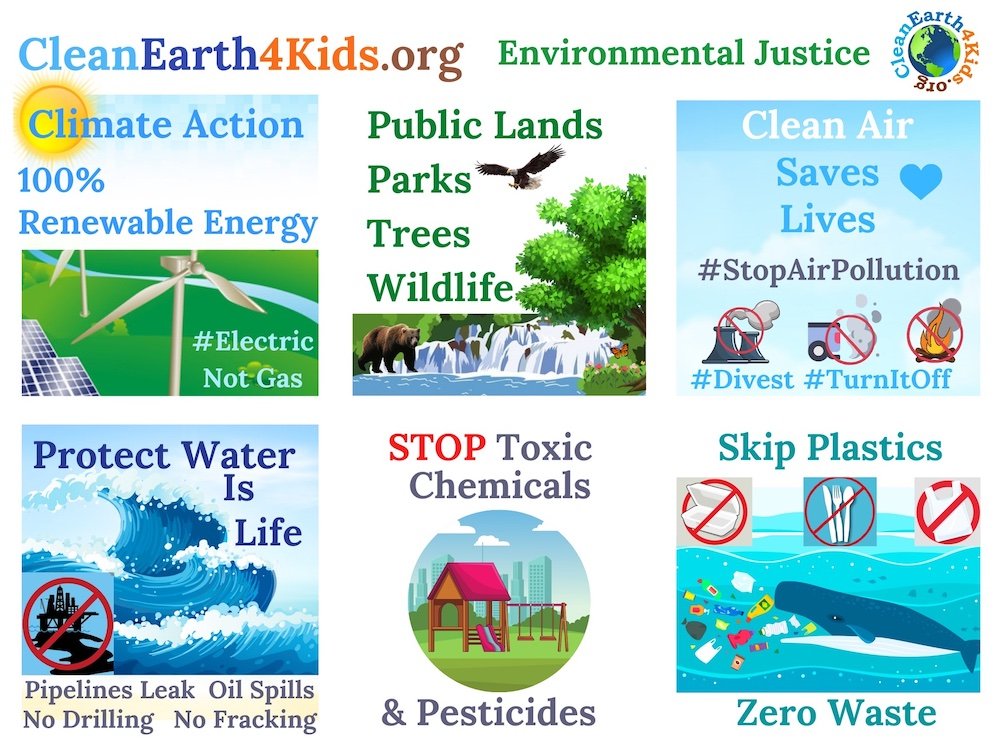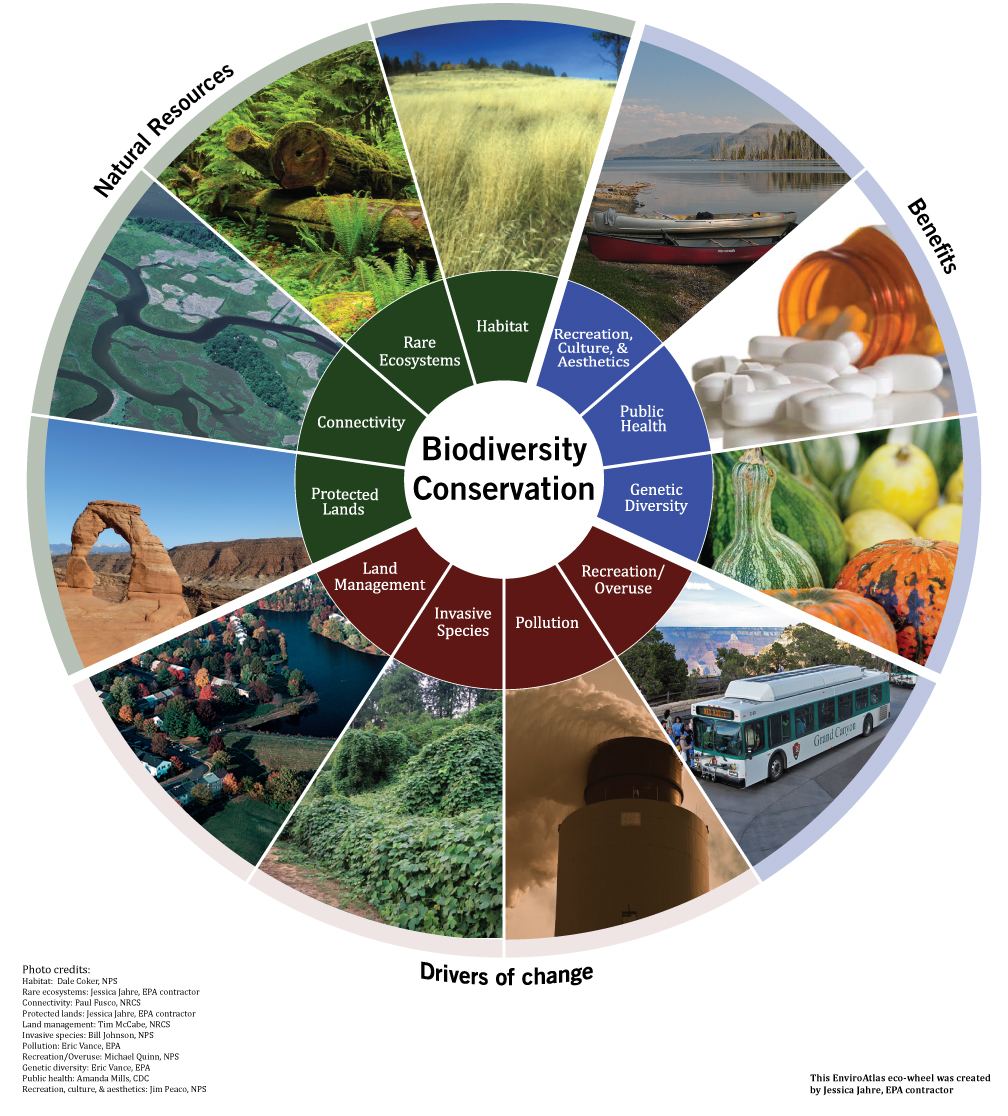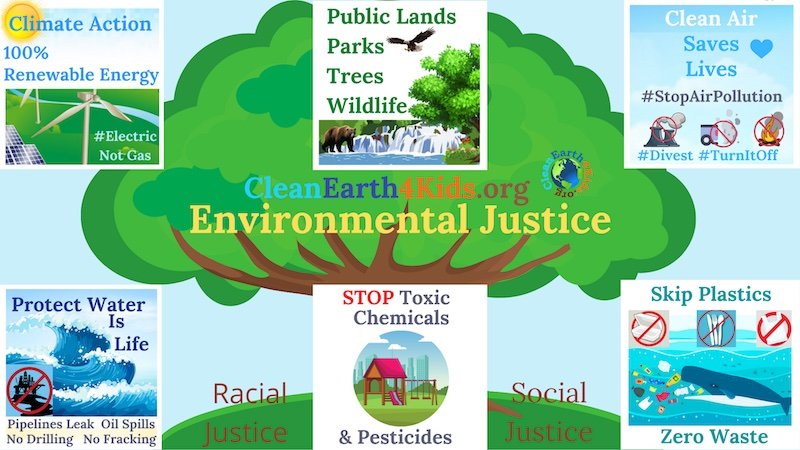Harnessing the Power of Natural Resource Management: A Pathway to Sustainability and a Better Environment
Natural Resource Management is a crucial aspect in maintaining a healthy ecosystem and promoting sustainability. With climate change and environmental degradation becoming increasingly alarming, it is essential to explore the benefits of effective Natural Resource Management practices to preserve the environment for generations to come. In this blog post, we will delve into the numerous benefits of Natural Resource Management for environmental sustainability.
1. Conserving biodiversity for resilient ecosystems
Preservation of biodiversity is one of the greatest advantages of efficient Natural Resource Management. By managing resources like forests, water bodies, and soils, we can protect diverse species of flora and fauna, maintaining a balanced ecosystem and promoting ecological resilience. Preservation of various habitats also helps safeguard endangered species and supports the overall health of our planet.
2. Climate change mitigation
Natural Resource Management plays a significant role in combating climate change. Implementing responsible management practices such as reforestation, afforestation, and soil conservation helps in reducing greenhouse gas emissions. Moreover, preserving wetlands and forests increases carbon sequestration capacity, which aids in mitigating climate change impacts.
3. Sustainable agriculture and food security
Sustainable agriculture is necessary for a secure global food supply. Effective Natural Resource Management promotes agricultural sustainability by optimizing the use of water, soil, and other resources. Adopting practices like crop rotation, organic farming, and conservation agriculture helps maintain fertile soils, reduce water consumption, and protect biodiversity, all of which contribute to long-term food security.
4. Conservation of water resources
Water scarcity is one of the most urgent challenges we face today. Natural Resource Management provides solutions to use water resources more efficiently and sustainably. From watershed management to water-use planning, these management practices ensure the availability of clean water for future generations and reduce the risk of conflicts over this essential resource.
5. Harnessing renewable energy sources
Natural Resource Management also includes the proficient deployment of renewable energy resources such as solar, wind, and hydro power. Transitioning to these cleaner energy sources helps in reducing greenhouse gas emissions, minimizes our reliance on fossil fuels, and moves us towards a more sustainable and environmentally friendly future.
6. Promoting sustainable economic growth
By engaging in sustainable Natural Resource Management practices, communities can achieve long-term economic growth without depleting natural resources. This can be made possible through ecotourism, sustainable agriculture, and green industries that provide economic opportunities while minimizing environmental degradation.
7. Enhancing social equity and well-being
Ensuring normal access to natural resources through effective management practices can empower communities and contribute to social equity. Local involvement in decision-making processes and resource management fosters a better understanding of environmental issues, and can lead to improved well-being for community members.
Conclusion
Natural Resource Management holds immense potential for environmental sustainability, economic growth, and social equity. By adopting responsible and well-structured management practices, we can mitigate the adverse effects of climate change, promote biodiversity, and pave the way for a more prosperous and greener future for all. As global citizens, it is our responsibility to prioritize the careful management of our natural resources and work towards a healthier, more sustainable planet.











